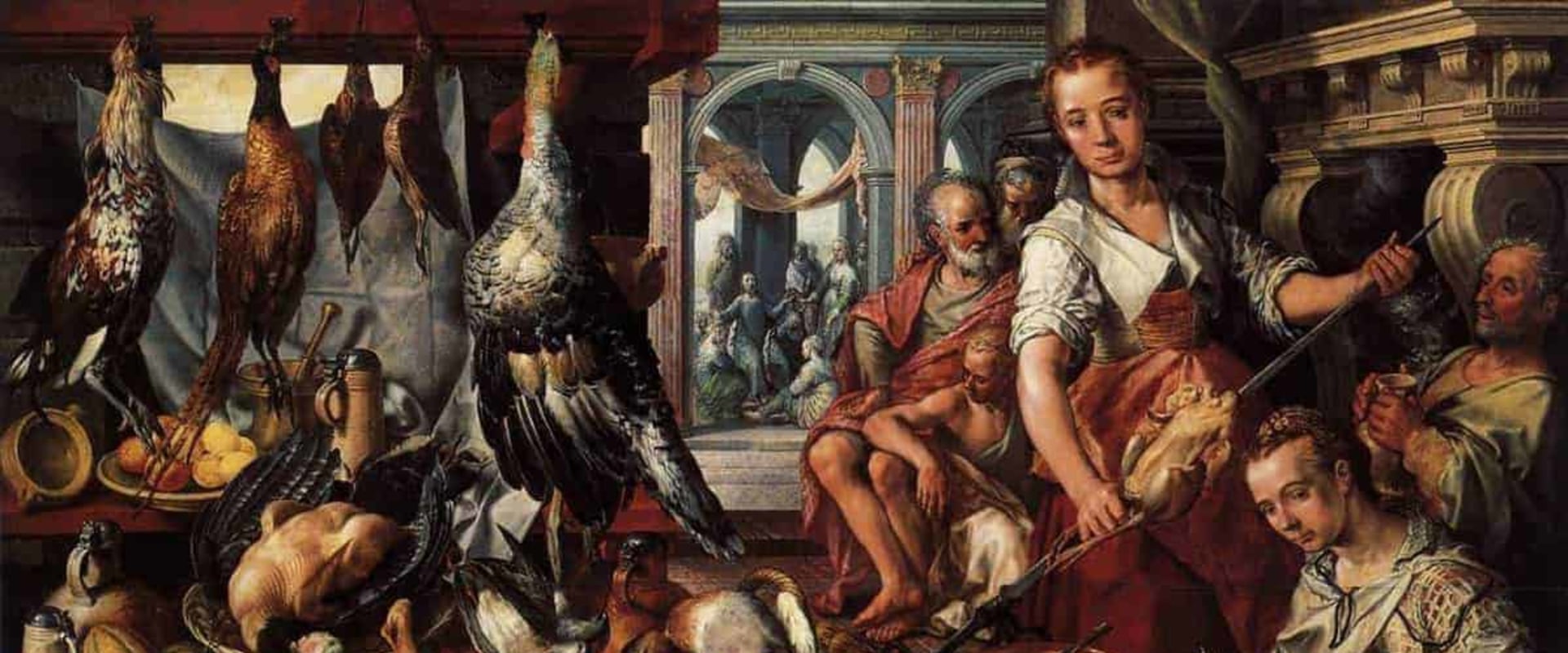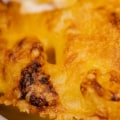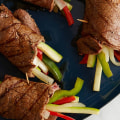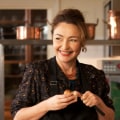At the beginning of the 20th century, Auguste Escoffier had an immense influence on the configuration of haute cuisine as we know it today. These refined techniques of French cuisine began with François Pierre La Varenne, author of Le cuisinier franí§ois, the founding text of modern French cuisine, and which laid the foundations for what would become one of the basic elements of French cuisine. These ideas were widely disseminated through Larousse Gastronomique (1993), a definitive work on classic French cuisine by Escoffier's friend, Prosper Montagné, a leading chef. French cuisine was codified by George Auguste Escoffier, who in the late 19th and early 20th centuries modernized Careme's elaborate cooking style through his ingenious simplification of food, and Escoffier became the modern version of haute cuisine.
Auguste Escoffier, in full Georges-Auguste Escoffier (born October 28, 1846 in Villeneuve-Loubet, France, died February 12, 1935 in Monte Carlo, Monaco), French culinary artist, known as “the king of chefs and the chef of kings”, who earned a worldwide reputation as director of the kitchens of the Savoy Hotel (1890-1909) and, more afternoon, at the Carlton Hotel, both in London. Rich French cuisine and its constant love for food are one of the greatest treasures of modern France. Much of Escoffier's technique was based on that of Marie-Antoine Carême, one of the coders of French haute cuisine; Escoffier's achievement was to simplify and modernize Carême's elaborate and ornate style. In the year 1789, the era of the French Revolution, which lasted more than 10 years, was a period of political and social upheaval in the history of France.
From coding French culinary techniques and reformulating Marie-Antonin Careme's haute cuisine style to creating the iconic five French mother sauces, the King of Chefs's revolutionary techniques continue to be applied in kitchens around the world today. Careme is known for his famous writings on the art of cooking, including the famous The Art of French Cuisine or L'Art de la Cuisine Francaise. Known to the French press as Roi des Cuisiniers et Cuisinier des Rois (King of Chefs and Chef of Kings also mentioned earlier by Carême), Escoffier was a preeminent figure in London and Paris during the 1890s and early 20th century. Until the 1970s, this cuisine was defined by the French phrase cuisine classique and was replaced by nouvelle cuisine.
In North America, haute cuisine refers to the cuisine of large restaurants and hotels, which is characterized by elaborate preparations and presentations. In the southwestern part of France, Basque cuisine, which refers to the dishes and cooking ingredients typical of Basque cuisine, has had a great influence on this type of French cuisine. French cuisine developed further with the famous chef and personality of Napoleon Bonaparte, who influenced the culinary future of France, as well as other dignitaries, Marie-Antoine Caríãme. Le Viandier is a famous cookbook written by Guillaume Tirel that influenced French cuisine and medieval cuisine in Northern France.




Leave Reply